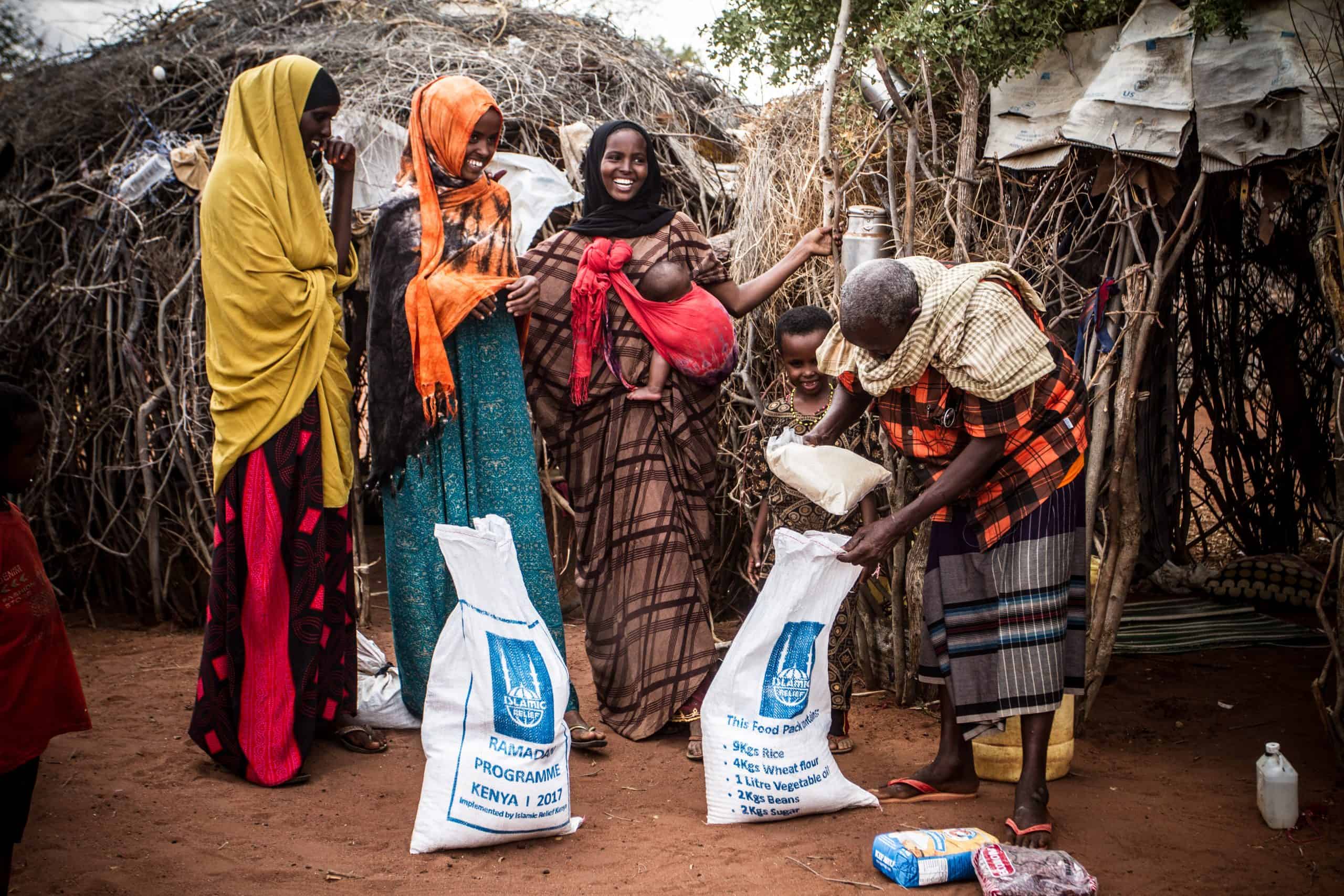From the busiest boardrooms to the most isolated communities, women around the world may not share a history or culture, a race or religion, but they do share commonalities related to education, family, and future dreams. And in their pursuit to live the best life possible, they also share the common challenge of being held back in society.
This is due to a multitude of reasons: Cultural norms and traditions. Violence and legal oppression. A lack of mentorship and professional support. Inaccessibility to tools and no free time.
But it’s not just women who suffer. When women are suppressed, all of society suffers.
“If you want to lift up humanity, empower women. It is the most comprehensive, pervasive, high-leverage investment you can make in human beings.” – Melinda Gates
I recently finished reading Melinda Gates’ book, The Moment of Lift: How Empower Women Changes the World, and was struck by a few refrains that surfaced throughout the pages. In the book, Gates puts forth the compelling argument for ensuring women have access to education, medical care, family planning services, paid work, support at home, and equal opportunities in the workplace. Doing so increases economic vitality, health, safety, and livelihood within their families, which has a ripple effect to communities, cities, and countries.
The Bill & Melinda Gates Foundation attempts to address some of the most pressing and complex issues related to women’s issues. To learn more about these issues, Gates travels extensively around the world to listen to women (key point!) and learn about their challenges.
She speaks with women who want birth control and education for their children. Women who are too overburdened with house work to pursue work outside the home. Women who have undergone female genital mutilation and are caught in a cycle of child marriage.
Women who want more for their daughters than they have.
These conversations reveal a key takeaway: Small changes in women’s empowerment make a difference.
Consider the following:
- Countries with more women in parliament are more likely to ratify environmental treaties. (UNESCO’s Gender Review report)
- Education can help curtail population growth. In sub-Saharan African, women with secondary education have three fewer children than women who have no education. (UNESCO’s Gender Review report)
- Women who have completed at least some secondary education are less likely to be victims of violence compared with women with no education. (World Bank Group’s Voice and Agency report)
- Property ownership increases women’s community status and their bargaining power within the household. (World Bank Group’s Voice and Agency report)
This is certainly not to say the world doesn’t have a long way to go in all aspects of equality. In fact, statistics indicate we’ve barely scraped the surface of this problem and there is an incredible amount of work that needs to be done.
Nonetheless, when women are empowered, there is clear evidence of the positive, compounding nature of this impact. This is why it’s even more important to emphasize how even small successes by and for women can activate change.
When women have access to education, their own financial resources, time to pursue their own work, family planning, and a voice, they can better provide for their families. With healthier (and fewer) children, they begin to embody a sense of agency and serve as role models for other women and girls.
Women win. Families win. Communities win.
We all win.



